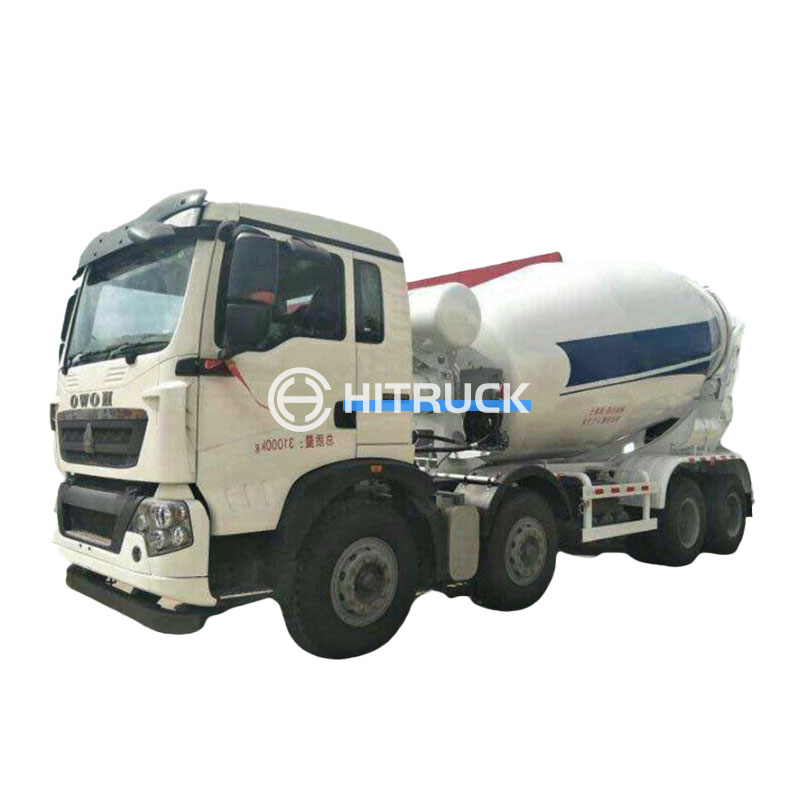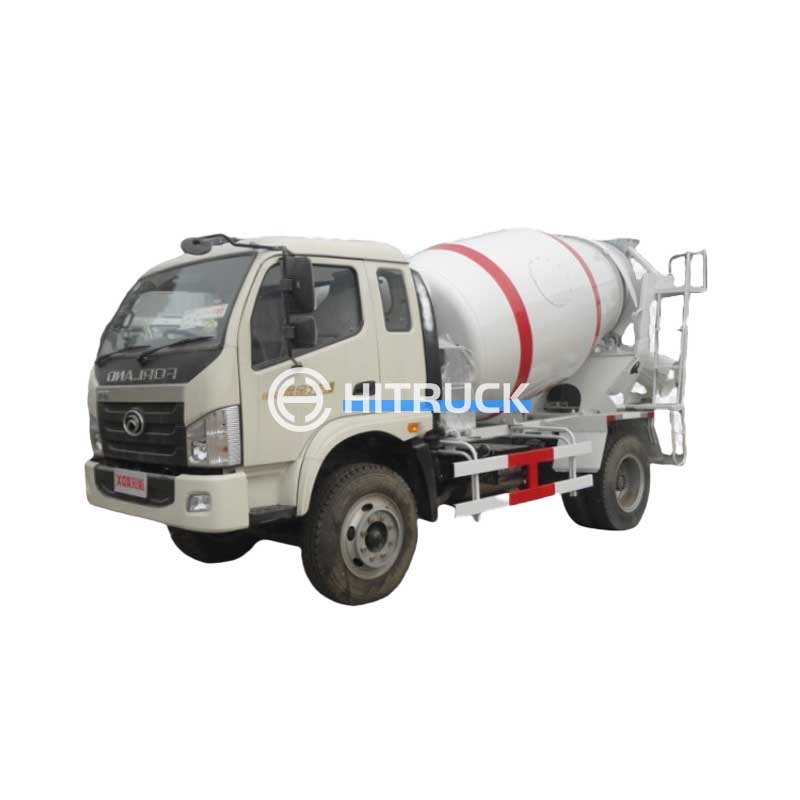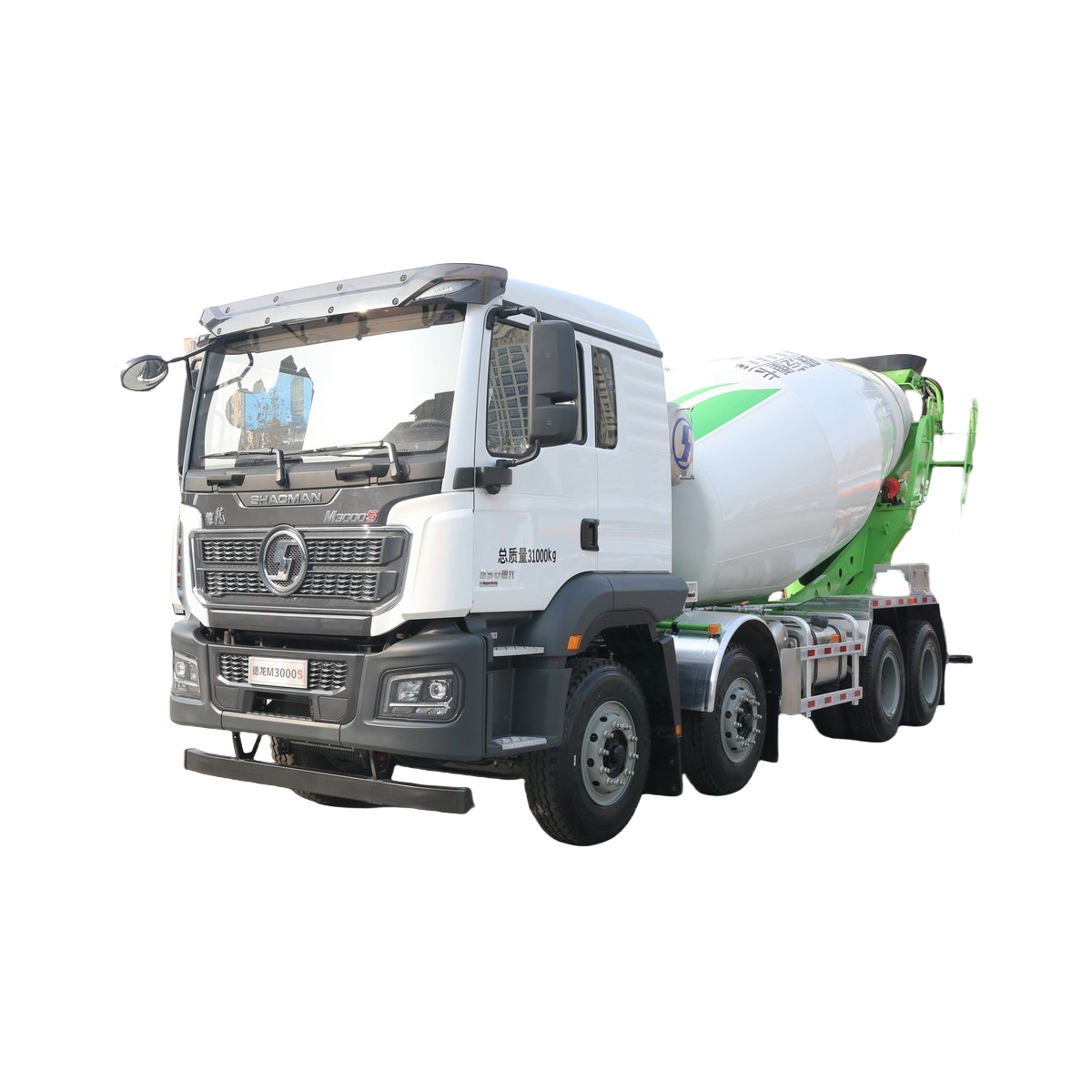Tail Lift and Pump Truck: A Comprehensive GuideChoosing the Right Tail Lift and Pump Truck for Your NeedsThis guide provides a comprehensive overview of tail lift and pump trucks, helping you understand their functionalities, applications, and selection criteria. We'll explore different types, key features, maintenance considerations, and factors to consider when purchasing a tail lift and pump truck for optimal efficiency and safety. Learn how to choose the perfect system for your specific requirements and budget.
Understanding Tail Lifts and Pump Trucks
What is a Tail Lift?
A tail lift, also known as a lift gate, is a hydraulically powered loading platform integrated into the rear of a truck or van. It allows for the safe and efficient loading and unloading of goods, eliminating the need for manual handling and minimizing the risk of injury. Tail lifts are essential for businesses that transport heavy or bulky items, such as furniture, machinery, or pallets. Various load capacities and lifting heights are available to suit different needs.
What is a Pump Truck?
A pump truck, also called a hand pallet truck or pallet jack, is a manually operated device used for moving pallets efficiently. It's characterized by its simple design, ease of use, and cost-effectiveness. Pump trucks are commonly used in warehouses, distribution centers, and loading docks to transport goods quickly across shorter distances. The selection depends primarily on the weight and size of the pallets being moved.
Types of Tail Lifts and Pump Trucks
Tail Lift Types
Tail lifts come in various designs, including: Fold-away tail lifts: These retract neatly against the rear of the vehicle when not in use, maximizing space and streamlining aerodynamics. Underbody tail lifts: These are fitted beneath the truck's body, providing low-profile storage and maintaining vehicle clearance. Articulated tail lifts: These offer extra reach, useful for loading and unloading in challenging spaces. Electric vs. Hydraulic Tail Lifts: Electric tail lifts offer smoother operation and more precise control, while hydraulic options offer greater lifting capacity and are typically more robust.The choice depends on the individual requirements of the application and the specific truck or van type. Consider factors like load capacity, lifting height, and available space when making your decision.
Pump Truck Types
Pump trucks vary based on capacity and features: Standard Pump Trucks: These handle typical pallet loads and are widely used for general material handling. Heavy-duty Pump Trucks: These are designed for heavier loads and more demanding applications. Low-profile Pump Trucks: Ideal for navigating low-clearance areas. Electric Pump Trucks: These offer operator assistance, increasing efficiency and reducing strain.
Choosing the Right Tail Lift and Pump Truck
The selection process involves several key considerations:
| Factor | Considerations |
| Load Capacity | Maximum weight to be lifted/moved. |
| Lifting Height | Required height for loading and unloading. |
| Truck/Van Compatibility | Ensure the tail lift is compatible with the vehicle's chassis and dimensions. |
| Power Source | Electric or hydraulic, depending on requirements and budget. |
| Budget | Consider the initial cost, maintenance, and operational expenses. |
Maintenance and Safety
Regular maintenance is crucial for optimal performance and longevity. This includes: Regular inspections: Check hydraulic fluid levels, hoses, and other components for damage or wear. Scheduled servicing: Follow the manufacturer's recommendations for preventative maintenance. Operator training: Ensure operators are properly trained on safe operating procedures. This is crucial to avoid accidents and injuries.For reliable and high-quality
tail lift and pump truck solutions, explore the extensive range offered by Suizhou Haicang Automobile sales Co., LTD at
https://www.hitruckmall.com/. They offer a wide selection of options to suit your specific needs and budget.
Conclusion
Selecting the right
tail lift and pump truck involves careful consideration of various factors. Understanding the different types available and their respective features will ensure you make an informed decision that optimizes efficiency, safety, and cost-effectiveness. Remember to prioritize regular maintenance and operator training to extend the lifespan of your equipment and ensure a safe working environment.












